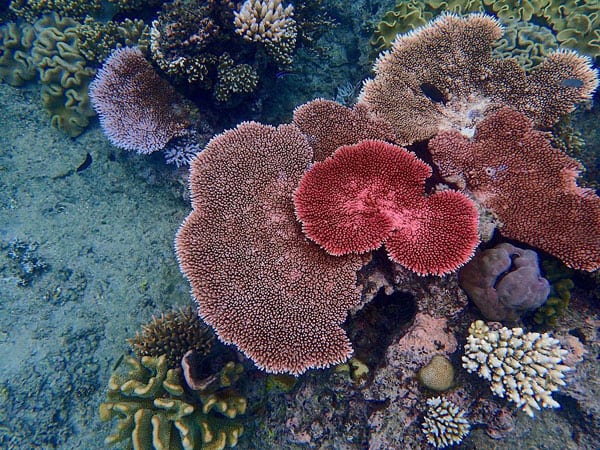
May 31, 2018; Science Alert
In an unprecedented move, Australian prime minister Malcolm Turnbull recently announced that AUS$500 million would be invested in programs that work to save the Great Barrier Reef. In a subsequent move that bewildered politicians, however, it was announced that AUS$444 million of this was promised to a tiny nonprofit organization, the Great Barrier Reef Foundation. Politicians are now questioning why the government chose to distribute the funds to a private foundation rather than allocating the funds to government agencies.
Senator Peter Whish-Wilson argued, “So many questions remain unanswered into how this small foundation…has been granted hundreds of millions in public funding and why the government bypassed the specially designed public bodies that are already doing this work.” Though only vague answers have been provided by the government, there are many benefits that private foundations have over government agencies when it comes to solving certain types of large, systemic issues.
To start with, the Great Barrier Reef Foundation was founded after the United Nations World Heritage Convention with the main goal of bringing in donations to protect national heritage sites. Thus, one main benefit is that a private foundation’s narrower charge allows it to focus on raising awareness of the issue and may serve to get additional donors invested in saving the reef as well.
Sign up for our free newsletters
Subscribe to NPQ's newsletters to have our top stories delivered directly to your inbox.
By signing up, you agree to our privacy policy and terms of use, and to receive messages from NPQ and our partners.
Another concern is that the Australian government has taken actions in direct opposition to saving the Great Barrier Reef. For instance, Prime Minister Turnbull’s government has been lax on industries that burn fossil fuels and has also supported plans for one of the largest coal mines in the world. Both are clear obstacles to saving the Reef; arguably, the Turnbull administration is adding to the problem, which is exacerbated by global impacts like the United States leaving the Paris Agreement. By allocating the funding to a private foundation, perhaps the government can avoid taking a stand or getting involved in messy global politics. This is, of course, a benefit for the government, not for the Great Barrier Reef Foundation, which will face an uphill battle.
Lastly, private foundations, unlike government agencies, can remain nimble and respond to the latest innovations in the field. Private foundations can partner across industries, form collaborations, and engage with stakeholders at all levels. (In fact, the Great Barrier Reef Foundation says it specializes in precisely this.) Moreover, private foundations can quickly disburse funding to try out a new idea without going through layers of bureaucracy. With the Great Barrier Reef declining almost 50 percent in just the last two years, time is of the essence if the reef is to be saved.
The Turnbull government has indicated that the Foundation will have seven years to spend down the funding and that there will be clear conditions set on how the money can be spent.— Sheela Nimishakavi












